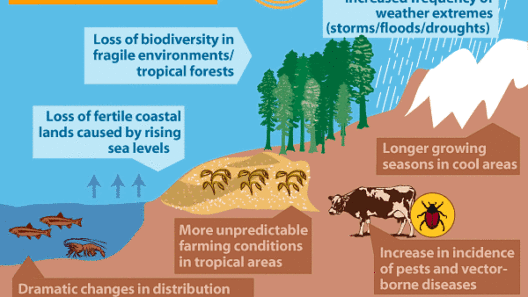Georgia, the Peach State, has long been lauded for its hospitable climate—both meteorologically and commercially. The adage “business-friendly” has become almost a cliché in political discourse, yet it has profound implications for Georgia’s economy and its overall social fabric. Observers note the state’s propensity for attracting enterprises, invigorating its demographic landscape, and fostering innovation across various sectors. However, beneath the surface of this metaphor lies a web of interconnected factors that illuminate why Georgia is an epitome of commercial vitality.
At the core of Georgia’s business-friendly environment is its strategic geographical positioning. Nestled in the southeastern United States, it serves as a pivotal hub for trade and transportation. The state boasts a diversity of transportation options, including major highways, rail networks, and the Hartsfield-Jackson Atlanta International Airport, one of the busiest airports in the world. This multifaceted transportation system facilitates the seamless movement of goods and people, which is an undeniable boon for businesses seeking to expand their reach.
Furthermore, the cost of living in Georgia remains competitive compared to other states such as New York or California. Real estate prices, labor costs, and general living expenses are significantly lower, allowing businesses to allocate their resources more efficiently. These factors create an attractive environment for startups and existing companies looking to scale operations without the financial burdens that accompany other states.
A crucial element driving Georgia’s business climate is its proactive governmental policies that prioritize economic development. The state government has enacted a series of tax incentives and credits aimed at enticing businesses to set up shop in Georgia. Notably, the film industry flourishes under these incentives, contributing billions to the state’s economy annually. These policies not only help attract new businesses but also bolster job creation, effectively improving the quality of life for residents.
Georgia’s educational institutions also play a vital role in this milieu. Universities such as the Georgia Institute of Technology and the University of Georgia act as incubators for innovation, producing a skilled workforce adept at navigating the ever-evolving technological landscape. The synergy between education and industry leads to a steady pipeline of talent that organizations can draw upon, fostering a competitive edge that is increasingly crucial in an age marked by rapid technological advances.
Moreover, the state’s cultural diversity cannot be overlooked in the context of its business-friendly reputation. The rich tapestry of ethnicities, traditions, and perspectives cultivates an environment of inclusivity and creativity, fostering collaboration and innovation. Diverse teams are proven to outperform their homogeneous counterparts; thus, businesses that embrace this multicultural ethos are often better positioned to understand and cater to a global market.
The flourishing metropolitan area of Atlanta serves as a microcosm of these qualities. Often cited as a burgeoning tech hub, Atlanta has witnessed an explosion of startups and established tech firms. The presence of major corporations—such as Coca-Cola, Delta Air Lines, and Home Depot—further exemplifies a thriving ecosystem that attracts talent and investment. This corporate vibrancy contributes to a robust economy, illustrating the interconnected nature of commerce, education, and culture.
However, it is essential to contend with the challenges that accompany such rapid growth. The influx of businesses and people can strain infrastructure and exacerbate socio-economic disparities. Urbanization brings with it issues such as traffic congestion and a rising cost of living, which can create friction within communities. Policymakers must be vigilant in their efforts to balance growth with sustainability, ensuring that the benefits of Georgia’s economic dynamism are equitably distributed across all demographics.
The environmental implications of Georgia’s burgeoning economy must also be scrutinized. As businesses proliferate, so do environmental pressures. Increased industrial activity often leads to higher emissions and waste, which can compromise the health of ecosystems. Addressing these challenges requires a concerted effort toward sustainable development practices that harmonize economic growth with environmental stewardship. The transition towards renewable energy sources and the promotion of green technologies can serve as a model for other states seeking to replicate Georgia’s success.
In addition, community engagement is paramount. For Georgia’s business climate to thrive sustainably, local populations must remain integral in decision-making processes. Engaging communities in dialogue about the effects of business expansion can lead to more socially responsible practices. When residents feel empowered and included, communities can voice their concerns, thus fostering a synergistic relationship between businesses and society.
In conclusion, Georgia’s business-friendly climate epitomizes far more than a mere aphorism; it represents a confluence of geographical, economic, and cultural factors that collectively interlace to create an environment ripe for entrepreneurial success. As industries evolve and adapt, so too must the strategies employed by business leaders, policymakers, and communities alike. By addressing both the opportunities and the challenges, Georgia can continue to prosper while ensuring that its economic growth remains inclusive and environmentally sustainable. The future of Georgia’s business landscape is not just about what it produces, but how it nurtures its communities and ecosystems in the process.








